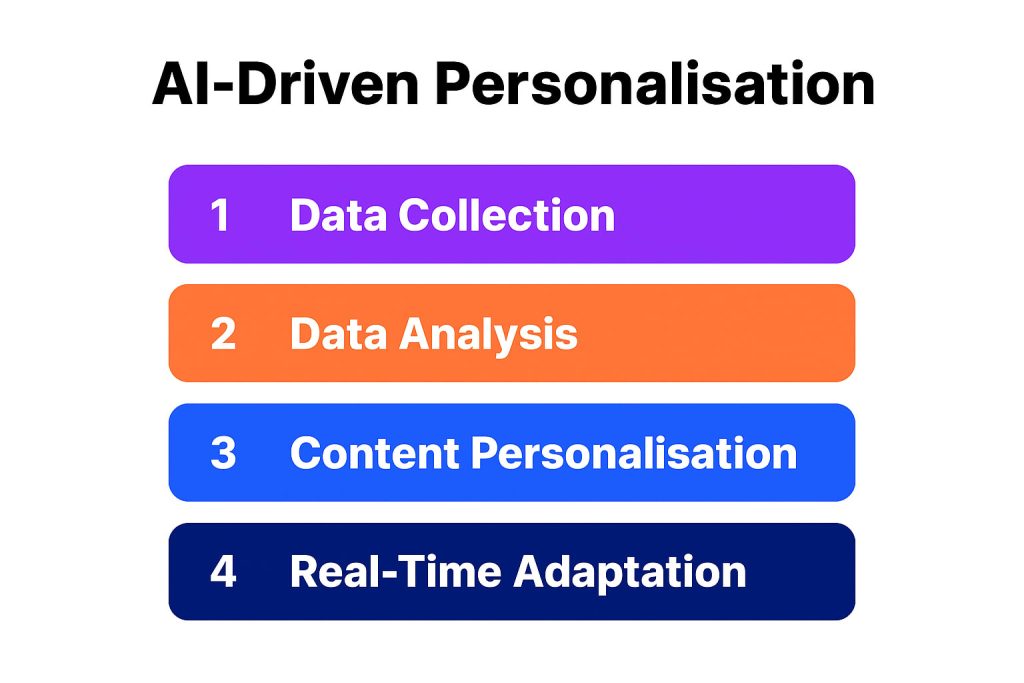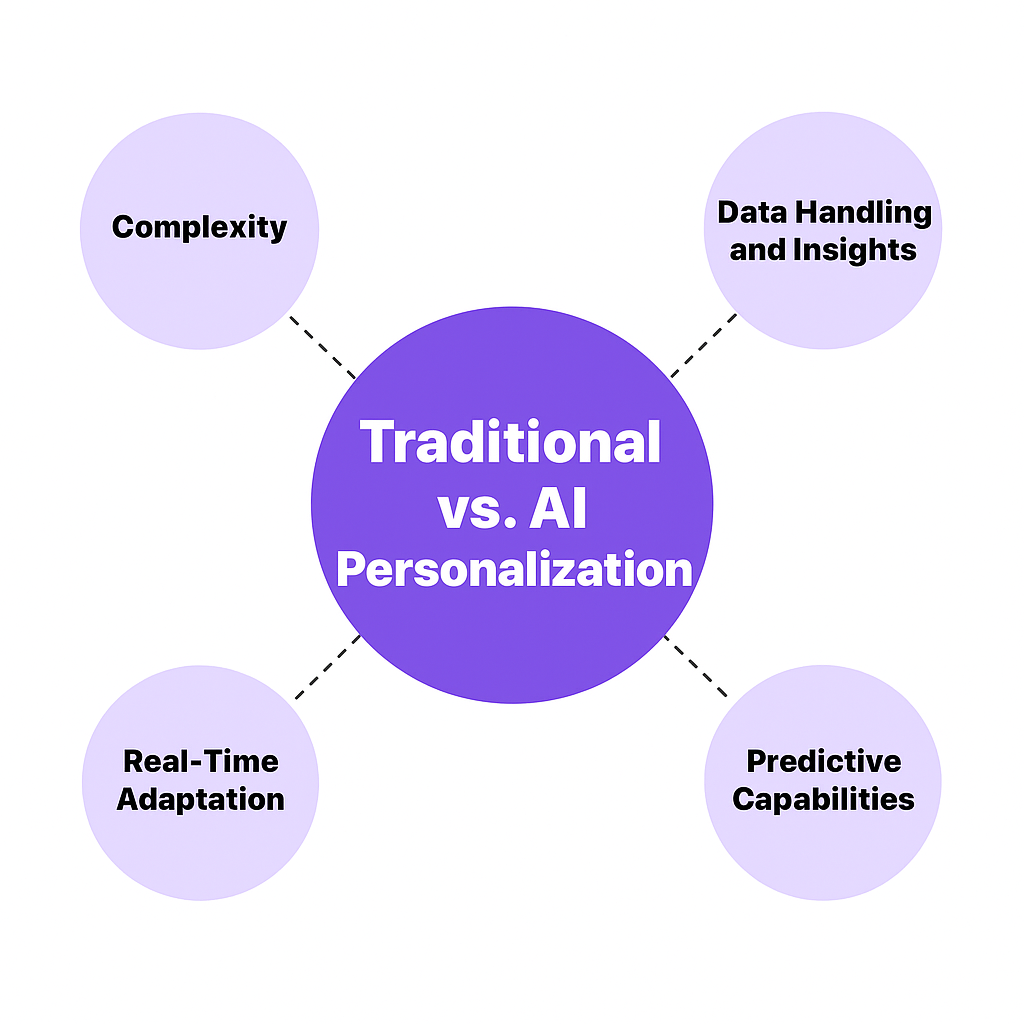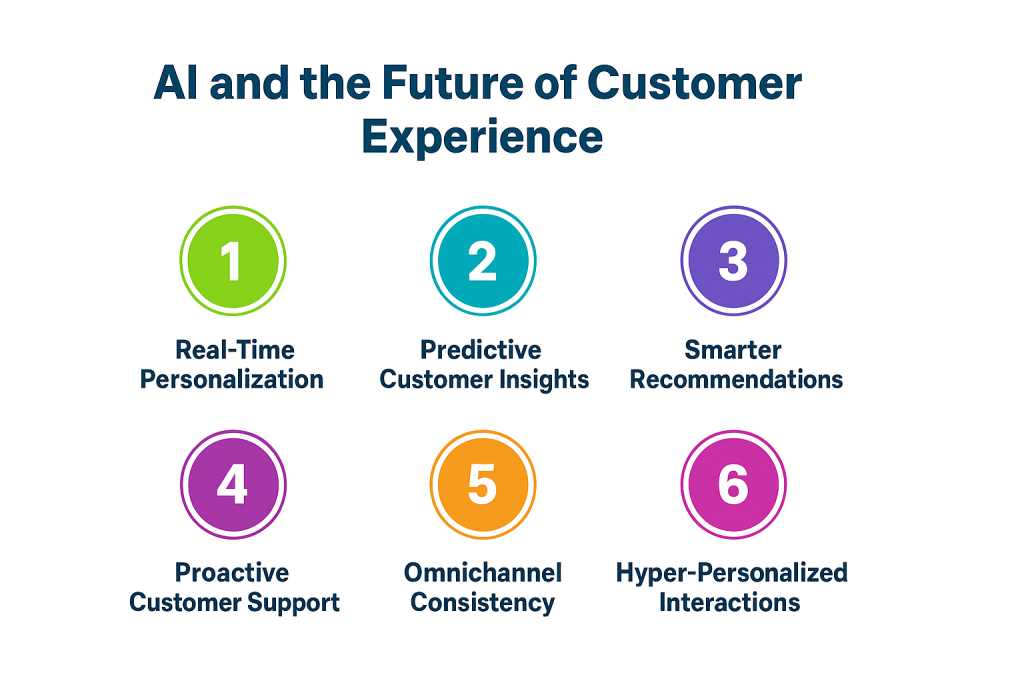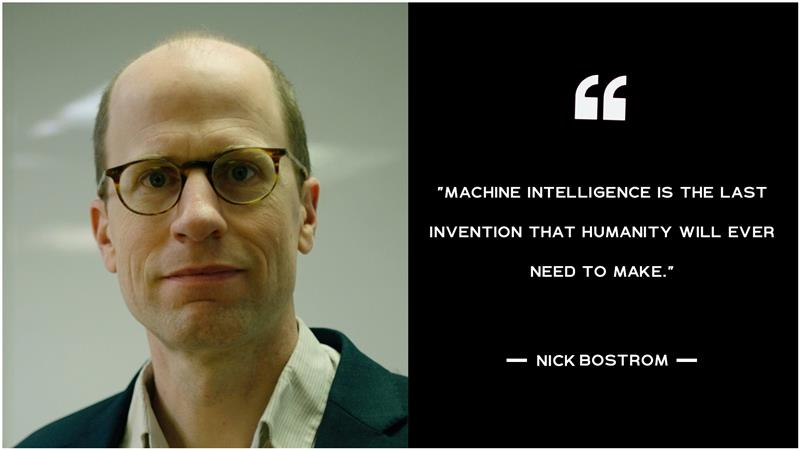Table of Contents
Introduction
Marketing has always been about understanding customers, but the definition of “understanding” has changed dramatically. Today’s consumers expect brands to recognize their needs instantly, remember their preferences across platforms, and deliver recommendations that feel almost intuitive.
That’s why AI-driven personalization has emerged as a transformative force. By combining data, machine learning, and predictive insights, AI allows businesses to create experiences that feel uniquely crafted for each individual—whether it’s a product suggestion, a piece of content, or a timely offer.
This rise of AI-driven personalization isn’t just a marketing trend—it’s quickly becoming the foundation of how brands build loyalty and stay competitive in a digital-first world.
What is AI-Driven Personalization?
AI-driven personalization is transforming the way businesses interact with their customers by using advanced machine learning algorithms to deliver experiences that feel uniquely tailored to each individual.

- Beyond Basic Personalization: Gone are the days when personalization meant simply addressing a customer by name in an email or segmenting audiences into broad categories.
- Customer Expectations: Today, consumers expect brands to understand their preferences, anticipate their needs, and provide relevant recommendations across all touchpoints.
- AI-Powered Data Analysis: Unlike traditional methods that rely on static data or generalized segments, AI analyzes vast and complex datasets, including purchase histories, browsing behavior, real-time interactions, and engagement patterns.
- Deeper Customer Insights: This deep data-driven understanding allows businesses to identify not only what customers want but also when and how they want it, creating opportunities to engage them more effectively.
- Applications of AI Personalization: The insights generated by AI can be applied in multiple ways, such as delivering highly relevant content, suggesting products or services tailored to individual tastes, and implementing dynamic pricing strategies that reflect customer behavior.
- Better Customer Journeys: Beyond marketing, AI personalization enhances the overall customer journey by providing consistent and meaningful experiences across websites, apps, emails, and even in-store interactions.
Traditional vs. AI Personalization

- Complexity: Traditional personalization uses simple segmentation and rules, while AI personalization applies machine learning to large data sets for more precise targeting.
- Data Handling and Insights: Traditional personalization uses limited data and basic tactics, while AI-driven personalization uncovers behavior patterns to deliver tailored, predictive content.
- Real-Time Adaptation: Traditional personalization in marketing is less adaptive, requiring manual updates when customer preferences change. In contrast, AI-based personalization uses machine learning and NLP to deliver real-time adjustments based on user interactions.
- Predictive Capabilities: Predictive personalization in traditional marketing is often based on assumptions or historical trends. AI personalization marketing, on the other hand, not only reacts to customer behavior but can also anticipate customer preferences to deliver the right messaging.
How AI Personalization Works
- Data Collection: AI-driven personalization systems collect and examine information from diverse sources, including user browsing patterns, purchase records, demographic details, and activity across social media platforms.
- Data Analysis: After gathering the data, AI algorithms conduct a thorough analysis. This process includes recognizing patterns, studying trends, applying NLP to interpret text-based inputs such as preferences, emotions, and communication style, and ultimately building a holistic profile of each customer.
- Content Personalization: With these insights, the system creates personalized AI-powered recommendations and content suggestions that align seamlessly with an individual’s unique customer journey and interactions with the brand.
- Real-Time Adaptation: One of the most significant advantages of AI personalization tools is their capacity to continuously learn from customer responses and instantly adapt. This may involve adjusting ad creatives, refining offers, or updating product recommendations in real time.
AI and the Future of Customer Experience

AI is transforming customer experience by replacing generic interactions with personalized, timely, and seamless engagements. Here’s how it’s shaping the future:
- Real-time Personalization: AI processes data from multiple touchpoints—websites, apps, emails, and in-store interactions—to deliver recommendations that match customer intent instantly.
- Predictive Customer Insights: By analyzing browsing history, purchase behavior, and even contextual factors (like location or weather), AI can anticipate what a customer might need before they ask.
- Smarter Recommendations: Instead of generic product suggestions, AI tailors recommendations to individual preferences—for example, suggesting complementary products, services, or bundles based on lifestyle.
- Proactive Customer Support: AI-powered chatbots and virtual assistants resolve queries instantly, while predictive analytics identifies potential issues (like service disruptions) and provides solutions proactively.
- Omnichannel Consistency: Customers experience seamless personalization across every channel—social media, websites, physical stores, or voice assistants—building a unified brand experience.
- Hyper-Personalized Interactions: Future AI-driven marketing will integrate with AR shopping, voice technology, and wearable devices, delivering context-aware personalization in real time.
Case Studies
Amazon

Amazon has set the benchmark for AI-powered personalization in online shopping. Its machine learning models analyze browsing history, past purchases, and items in the shopping cart to deliver tailored recommendations. The well-known “Customers Who Bought This Also Bought” feature is a classic example of AI-driven cross-selling, helping shoppers discover products they didn’t know they needed while increasing overall sales.
Netflix

Netflix studies users’ watch history, preferences, and ratings to recommend shows and movies. Beyond recommendations, it personalizes even the thumbnails—optimizing them based on past engagement patterns to capture attention.
Spotify

Spotify leverages AI to curate highly personalized playlists such as Discover Weekly and Daily Mix. These playlists are continuously updated by analyzing an individual’s listening habits alongside trends from users with similar tastes.
Sephora

Sephora blends AI and AR to enhance the shopping journey. Through its app and website, users can try on makeup virtually using AI-powered augmented reality. The system also offers beauty recommendations matched to a customer’s skin tone, style, and prior purchases. Its loyalty program extends personalization further by suggesting exclusive products and promotions based on past buying behavior.

Instagram tailors the Explore page, reels, and ads by studying user activity, likes, and engagement habits.

Facebook recommends groups, friends, and events using behavioral data and interest mapping. Personalized ads, powered by AI, ensure that users see products and services most relevant to them—boosting engagement for both users and advertisers.
Fitbit

Wearables like Fitbit use AI to track physical activity, sleep, and heart rate, then generate personalized insights and wellness recommendations. Similarly, health apps powered by AI provide diet suggestions, workout plans, and even early warnings based on behavioral and biometric data.
Conclusion
In today’s hyper-competitive digital landscape, AI-driven personalization is no longer just a trend—it’s becoming the foundation of successful marketing strategies. By leveraging real-time data, predictive analytics, and intelligent automation, businesses can create experiences that feel uniquely tailored to each customer.
This shift not only boosts engagement and loyalty but also drives measurable growth by aligning brand messaging with individual needs and behaviors. As AI technologies continue to evolve, the brands that embrace personalization with responsibility, transparency, and creativity will stand out as leaders in customer experience.
The future of marketing belongs to those who can blend human empathy with AI intelligence to deliver truly meaningful interactions.
Deepak Wadhwani has over 20 years experience in software/wireless technologies. He has worked with Fortune 500 companies including Intuit, ESRI, Qualcomm, Sprint, Verizon, Vodafone, Nortel, Microsoft and Oracle in over 60 countries. Deepak has worked on Internet marketing projects in San Diego, Los Angeles, Orange Country, Denver, Nashville, Kansas City, New York, San Francisco and Huntsville. Deepak has been a founder of technology Startups for one of the first Cityguides, yellow pages online and web based enterprise solutions. He is an internet marketing and technology expert & co-founder for a San Diego Internet marketing company.



